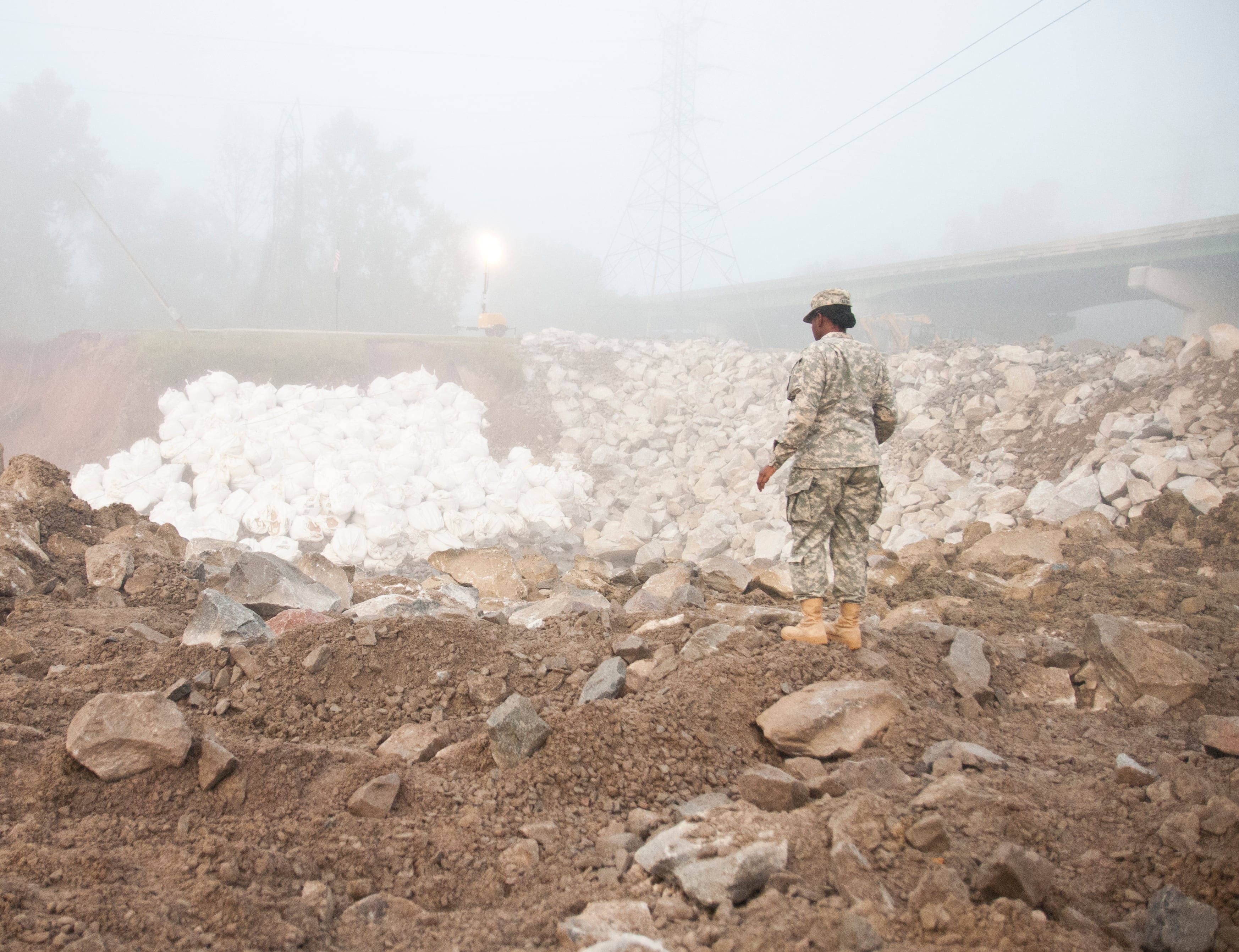For the first time since the days of the Vietnam War, a Marine has earned his commission at the prestigious Columbia University.
Second Lt. Patrick Poorbaugh, 28, graduated from Columbia last month, leaving the school with a degree in political science. The former staff sergeant's successful transition into the service's officer corps marks the first of its kind since Columbia moved to restore ties with the Navy Department in 2011.
Like many elite, private universities and colleges, Columbia ended its Navy ROTC program in 1970 in opposition to the conflict in Vietnam. Officials at Harvard and Yale universities took similar stances.
But minds have changed since . Since the lifting of the controversial "don't ask, don't tell" policy. pPrivate campuses across the country are welcoming back ROTC programs.

Though military and university officials celebrated his commissioning, Poorbaugh said joining the first group of NROTC students stood out as a more momentous occasion. Fellow Columbia alum Abigale Wyatt was commissioned as an ensign through the Navy's Seaman to Admiral-21 Program last year.
"I don't think it felt much different [for me] than for any other Marines commissioned at any other university," he said of the achievement and ceremony. "We knew that we were going to be the first group. That was kind of a big deal, but I didn't really think about being [the first] Marine until a couple months ago."
Poorbaugh and Wyatt represent a return, of sorts, to Columbia's heritage, professor Peter Awn, professor and dean of Columbia's School of General Studies, said.
The School of General Studies was founded partially to accommodate returning veterans after following World War II. The school is designed for nontraditional undergraduate students, and about a decade ago, Columbia officials ramped up efforts to recruit modern-day veterans, Awn said.
He believes that influx of veterans on campus led to the thawing of the university's relationship with the military.
"You have to realize that, for Ivy League students, it is rare that any of them have ever met someone in the military, much less had the opportunity to study with them in the same classroom," Awn said. "Students were fascinated with the military service that these really talented men and women had engaged with."
Both benefit from the exchange, Awn said. Veterans and active-duty troops service members bring diverse a diversity of viewpoints and experiences to bear in the classroom.
"You find that the relationships that are built between the 25- and 26-year-olds and the 19- to 20-year-olds Columbia undergraduates are really symbiotic," he said. "The 20-year-olds are dazzling intellects, but they're 20 years old. … They can really [draw] on the maturity of human experience."
Poorbaugh agrees with that assessment. If he was able to lend his experience — he deployed to Iraq twice with 3rd Reconnaissance Battalion — to the conversation, they helped teach him how to get through college, an environment very different from the Corps.
Time management and getting used to studying during his off-hours were skills he quickly had to master learned lessons. His experience as a staff noncommissioned officer NCO didn't hurt either, Poorbaugh said.
"The workload outside of class was strenuous — it was tough. For me, it was just keeping track of the nonstop reading and writing between [classes]," he said. "I would venture to guess that most Columbia students don't get much sleep through the year."
Poorbaugh's perception of college students, particularly undergraduates, changed during his time at Columbia. Like most enlisted Marines, he thought they spent their days partying and socializing. At Columbia, at least, it's a bit different.
"The biggest surprise for me, as far as working with the other students, was just how prepared they were for everything there," Poorbaugh recalled. "They're extremely bright. It's the same thing with the ROTC students. ... I was surprised at how well prepared they were."
The former data chief with the amphibious vehicle test branch at Camp Pendleton, California, is looking forward to completing The Basic School and learning what the Corps will give him for his next job.
"I joke that it's easy for me: I'm getting back into my comfort zone," Poorbaugh said.









